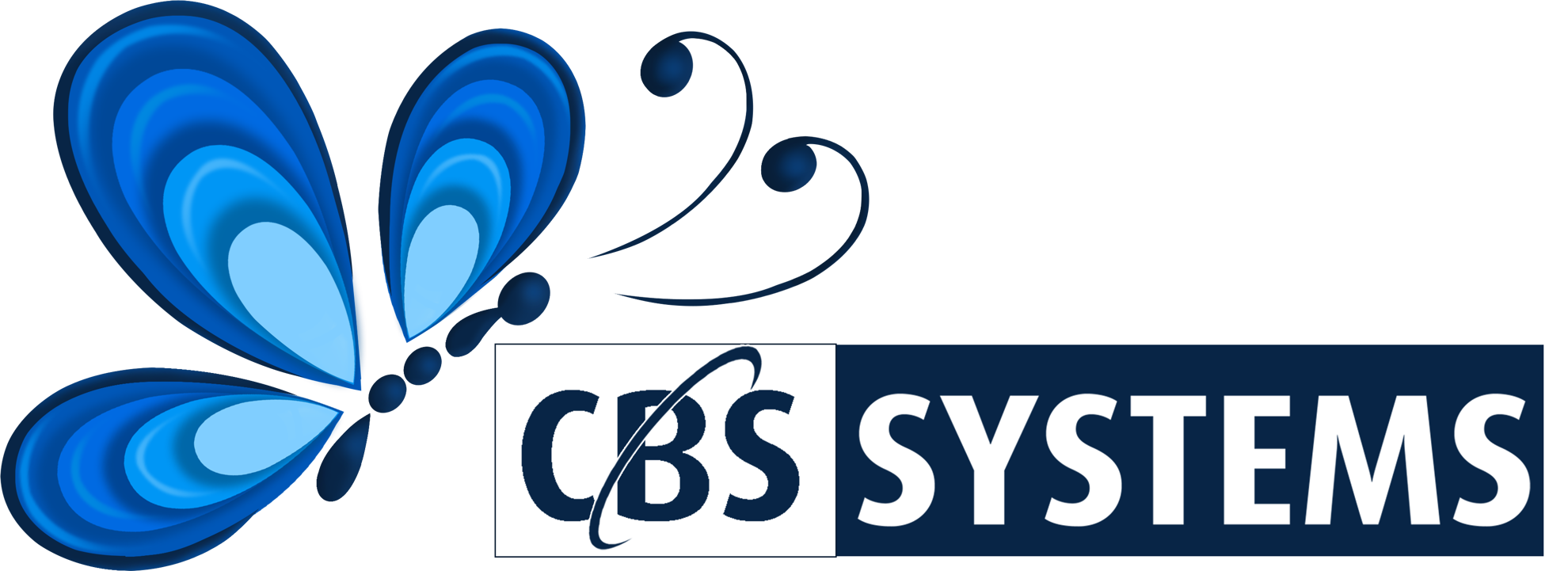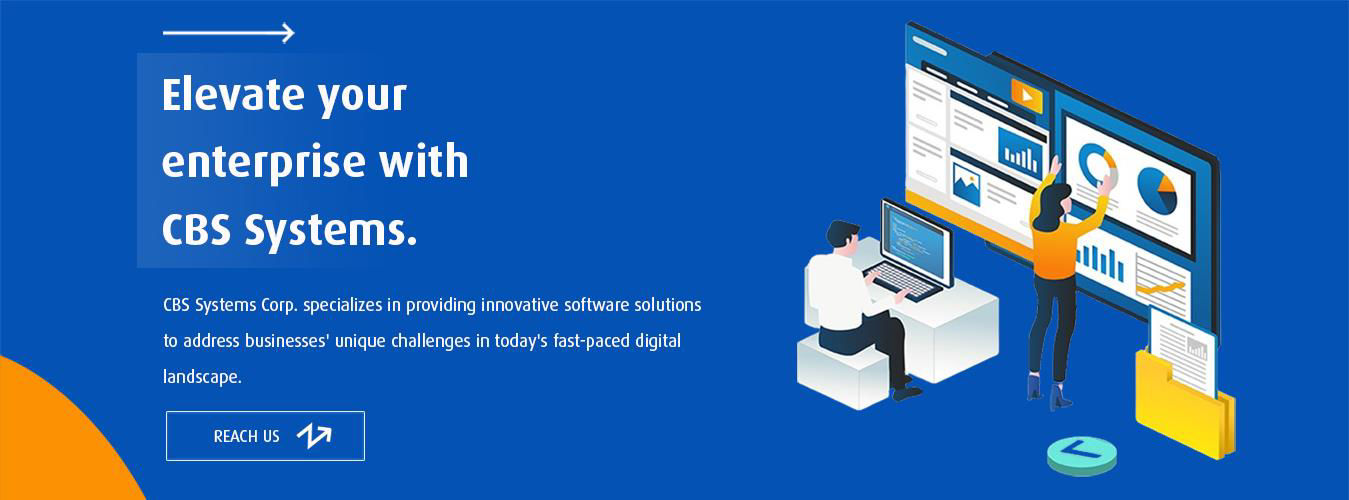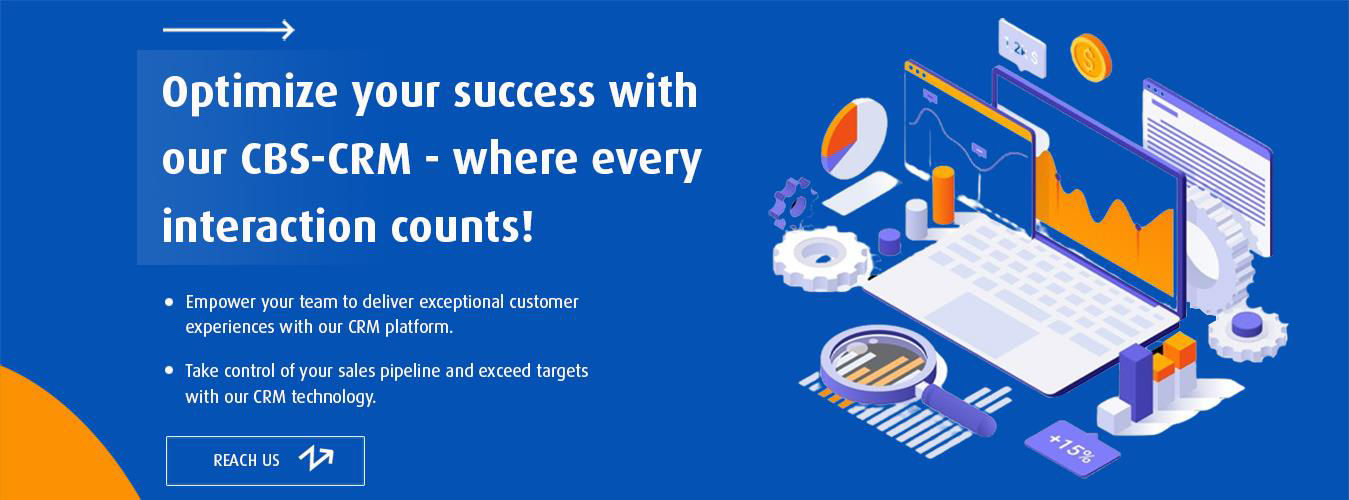Role of CRM in Small and Medium Businesses (SMBs)
Small and medium-sized businesses (SMBs) are continuously looking for methods to improve customer interactions, streamline operations, and spur growth in the current competitive market environment. CRM software is one important technology that has become a game-changer for small and medium-sized businesses. However, what precisely is CRM's function in the context of SMBs, and how does it support their growth?
CBS-CRM solutions are made to assist companies in managing their relationships with both existing and new clients. These exchanges may involve everything from advertising efforts and sales endeavors to customer service and support. CRM is a centralized platform that helps SMBs, who sometimes have fewer resources and employees than larger companies, organize and automate several parts of customer relationship management.
CRM functions
CRM's main function in SMBs is to increase productivity and efficiency. CRM helps SMBs decrease manual processes, minimize duplication of effort, and improve workflows by combining customer data, communication history, and sales pipeline information into a single database. As a result, workers are free to devote more of their time and effort to higher-value activities like interacting with clients and closing sales as opposed to administrative duties.
CRM solutions also give SMBs insightful knowledge about the preferences and behavior of their customers. CRM helps SMBs better understand their target market by tracking interactions across different touchpoints, analyzing purchasing patterns, and segmenting consumer data. This ultimately results in increased customer satisfaction and loyalty. It also makes it possible for more specialized product offerings, focused sales campaigns, and marketing campaigns to be made.
Facilitating internal collaboration and communication is one of CRM's most important functions in SMBs. CRM enables smooth cooperation between sales, marketing, and customer care teams with capabilities like shared calendars, task assignments, and real-time updates on client interactions. This permits a coordinated approach to efficiently serve consumers and guarantees that everyone agrees with regards to customer connections.
Furthermore, CRM is essential for SMBs' revenue growth. CRM helps SMBs close more deals and optimize revenue potential by giving visibility into the sales pipeline, spotting upsell and cross-sell opportunities, and automating lead nurturing procedures. Additionally, CRM promotes long-term revenue growth through recommendations and repeat business by raising customer satisfaction and retention.
Role of CRM in business sucess
In essence, the role of CRM in SMBs is multifaceted and instrumental in driving business success. From improving operational efficiency and fostering collaboration to providing valuable customer insights and driving revenue growth, CRM serves as a strategic tool for SMBs to compete effectively in today's dynamic marketplace. As SMBs continue to recognize the importance of building strong customer relationships, investing in a robust CRM system has become not just a choice but a necessity for sustainable growth and profitability.



